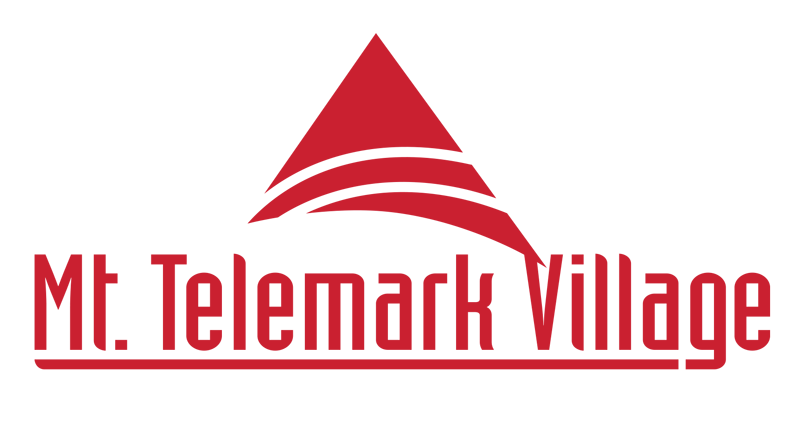Luke Dykowski
Hometown:
Waukesha, WI
Years of ABSF Membership:
1
Occupation:
Law Student, Georgetown University Law Center ’26
Why are you interested in being a member of the ABSF Board of Directors?
I am running to represent the next generation of passionate leaders in the Nordic skiing community. I am also running with a simple goal: Reducing the cost of registration for Birkebeiner, Korteloppet, and Prince Haakon races.
While the ABSF should be lauded for its efforts to expand the reach and range of Birkie programming, and while it pains me to reduce my platform to a single issue, the simple fact is that the registration cost of the ABSF’s signature events have become completely unsustainable, particularly for young skiers. As the Nordic Coordinator for the largest intercollegiate cross-country ski league in the country – the Midwest Collegiate Ski Association (MCSA) – and as a dedication volunteer with its parent league, the United States Collegiate Ski & Snowboard Association (USCSA), I interface regularly with college skiers from Cornell to Carleton, and from Wisconsin to Wyoming. The greatest barrier to attracting these athletes to, and keeping them involved in, the Birkie Community is cost.
When we welcome young skiers to our events and facilitate their participation, we ensure that today’s Team Captains and Club Presidents become tomorrow’s volunteer coaches, Board Members, and course officials. When we relentlessly increase the cost of skiing – as tuition rises, cost-of-living spirals, and entry-level wages stagnate – we strangle an artery of new, energetic leadership that our sport needs to thrive.
Pricing out young and developing skiers should concern everyone. And keeping the cost of racing Birkie Week should be everyone’s concern.
I am excited to bring creative solutions to this singular and escalating problem. Since the MCSA’s foundation in 2019, I’ve worked closely with students across the country to expand snowsport engagement and ensure sustainable growth. Key to our success has been a transparent, consensus-based evaluation of skier and organizational priorities. As climate change promises to increase our reliance on snowmaking, such a careful examination of priorities will be essential to keeping costs low and the ‘Greatest Show on Skis’ vibrant. And, as we foster youth involvement in these races, we can promote programming that expands their opportunities to give back to our sport, both in the Northwoods and in their own communities.
What knowledge and skills do you possess that can benefit the organization?
Expanding access to Nordic skiing has been fundamental to my personal and professional character. I have spent half my life on skis, and have tackled every Birkie since I turned 18 (in fact, I was among the first athletes to race the Korteloppet and the Birkebeiner consecutively, in 2018). I’ve worked with youth ski programs from Waukesha to Theodore Wirth Park, first cutting my teeth as a middle school volunteer, and coaching with the Loppet Foundation’s TrailKids program through my undergraduate studies. While at the University of Minnesota, I served as Co-President of the UMN Nordic Ski Club – one of the largest teams in the country – and facilitated our financial reorganization as a 501(c)(3) nonprofit, enabling a forty-fold increase in annual Club revenue. Moreover, in 2019, while a sophomore at UMN, I founded the Midwest Collegiate Ski Association: A student-governed Nordic ski league which currently boasts more athletes, competing on more teams, than any other such league in North America, whose growth I continue to facilitate as the MCSA’s Nordic Coordinator.
I’ve accomplished these expansions of the cross-country ski community with creativity, consistency, and a deep-rooted commitment to consensus. Developing the MCSA has demanded delicately balancing the competing priorities of over two dozen university teams across five states – brokering compromises, guiding productive discussions, and advocating for minimal costs. Recruiting students and teams has required clear and engaging communication, genuine attentiveness to the needs of young athletes, and proactive engagement of budding leaders. And, strengthening our league’s position within our parent organization has enabled me to develop a nuanced understanding of nonprofit bylaws and budget procedures – a skillset I am continuing to expand as a current law student.
I am excited to leverage these experiences at the forefront of the development of collegiate skiing to strengthen the ABSF and ensure Birkie Week Events remain cost-effective and accessible.
How do you see yourself helping to fulfill the ABSF vision, mission and values?
My emphases on communication, consensus, and youth advocacy will be integral to ensuring the American Birkebeiner remains attentive to the needs of young and developing skiers – athletes who most acutely reflect the concerns of the broader Birkie Community, and who, if properly engaged and nurtured, will themselves rise to lead it.
As my experiences with the MCSA, USCSA, and Midwest collegiate Nordic teams demonstrate, I have consistently approached our individual, “silent sport” as a team effort – one where frankness, clarity, and cooperation can promote student and young-professional engagement, and remove cost barriers.
We all rely on a robust, well-funded ABSF. We all benefit from resilient, adaptable events and snowmaking infrastructure. But we all suffer from unchecked price increases, unclear priorities, and the resulting atrophy of incoming talent, energy, and participation. As you consider the range of challenges and opportunities facing the ABSF, I urge you to vote for a fresh and ambitious voice for financial clarity and stability.



